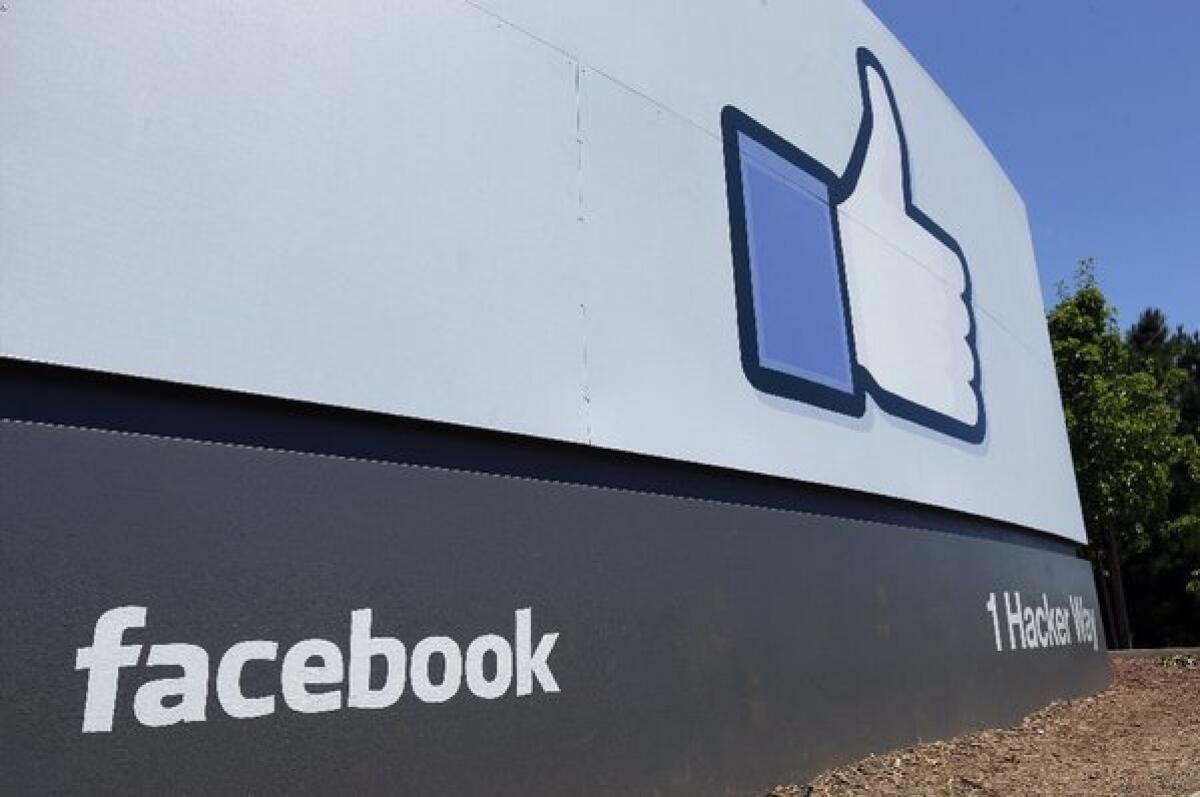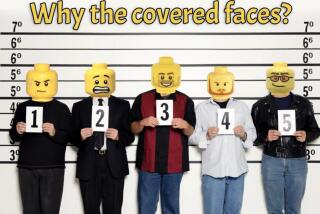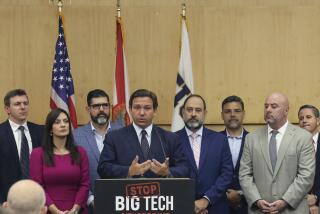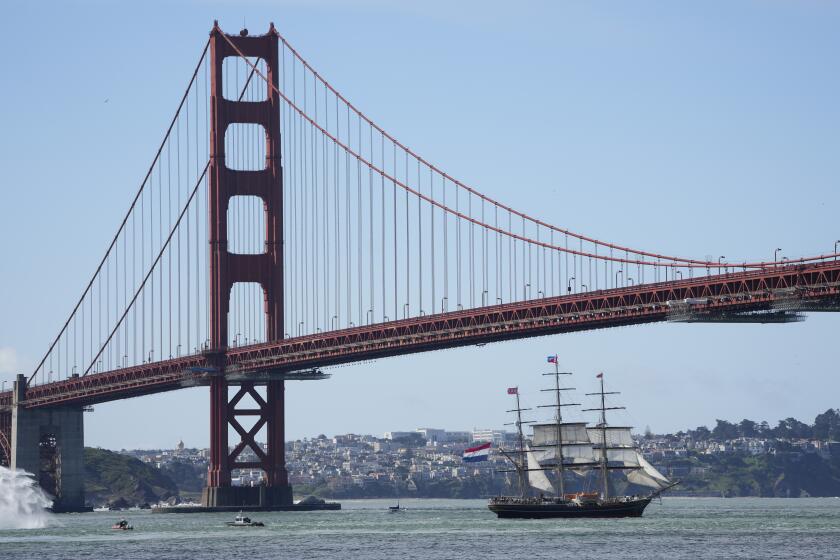In unprecedented move, Facebook, Instagram, Twitter ordered to provide private posts in gang trial

In an unprecedented move, the California Supreme Court has allowed the defense in a gang-related murder trial in San Francisco to obtain private postings from Facebook, Instagram and Twitter.
In a brief order Wednesday, the court let stand a San Francisco judge’s ruling that the social media companies must turn over the private postings being sought by defendants in a murder trial.
The case marks the first time such an order has been enforced in a California court and possibly in any state court in the country. In the past, only law enforcement could force social media to turn over private postings.
Criminal defense lawyers are expected to cite the order in other cases where they are seeking access to private postings, though the decision will not be binding on other courts.
Prosecutions involving social media “are going from the rare to the more routine,” said John T. Philipsborn, who has represented the criminal defense bar in the case as a friend of the court.
“Courts are going to have to look at this litigation and suss out how it instructs them in other cases,” he said.
Last year, the California Supreme Court ruled that the defense in the San Francisco gang case could have access to social media postings that were public at the time of the killings. That ruling did not decide whether private postings also could be obtained.
Wednesday’s order allowing the trial judge to force the companies to turn over the private postings as well noted that the trial had begun and the San Francisco judge made findings that strongly justify access.
The law makes it easier for defendants to obtain discovery during trials than during pretrial proceedings. A jury was picked for the trial earlier this month.
Once the social media companies turn over the postings, the trial judge will review them in chambers to decide which should be given to the defense.
Criminal defense lawyers in California have been fighting since 2008 for access to social media accounts to defend their clients. The media companies have fought back, arguing that a federal privacy law bars cooperation except in limited circumstances.
The breakthrough for the defense came in the gang-related prosecution of a killing and attempted killing in a June, 2013, drive-by-shooting in San Francisco. One of the participants told police he had interactions on social media with one of the victims prior to the shooting.
A 14-year-old who participated in the shooting confessed that the slain victim had “tagged” him on Instagram in a video featuring guns.
The boy admitted that he shot that victim six times — and said he “would have done the same thing to us.”
Jaquan Rice Jr. was killed and his girlfriend, a minor, was seriously injured in the drive-by shooting. Surveillance videos showed someone firing a handgun from the rear window of a vehicle on the driver’s side.
The 14-year-old shooter was tried in juvenile court, found to be responsible for Rice’s murder and the attempted murder of the girlfriend, declared a ward of the court, and committed for a term of 83 years, four months to life.
Separately, a grand jury indicted Derrick Hunter and Lee Sullivan on murder, attempted murder and various weapon and gang-related charges.
The prosecution contended that Hunter, Sullivan and the minor belonged to Big Block, a criminal street gang, and that Rice was killed because he was a member of a rival gang and had threatened the minor on social media.
Lawyers for Hunter and Sullivan served subpoenas on Facebook Inc., Instagram LLC and Twitter Inc. The subpoenas sought both private and public communications, including any deleted posts or messages, from the accounts of the homicide victim and a prosecution witness.
Both defendants have been in jail since the shootings. They recently invoked their right to a speedy trial, triggering its start.
The federal law invoked by the media companies is the Stored Communications Act, which regulates the conduct of covered service providers and says they may not disclose stored electronic communications except under specified circumstances.
Philipsborn said the social media companies “would be hard pressed to do much of anything other than ask the U.S. Supreme Court” to intervene.
Lawyers for the social media companies could not be reached for comment.
More to Read
Start your day right
Sign up for Essential California for news, features and recommendations from the L.A. Times and beyond in your inbox six days a week.
You may occasionally receive promotional content from the Los Angeles Times.







